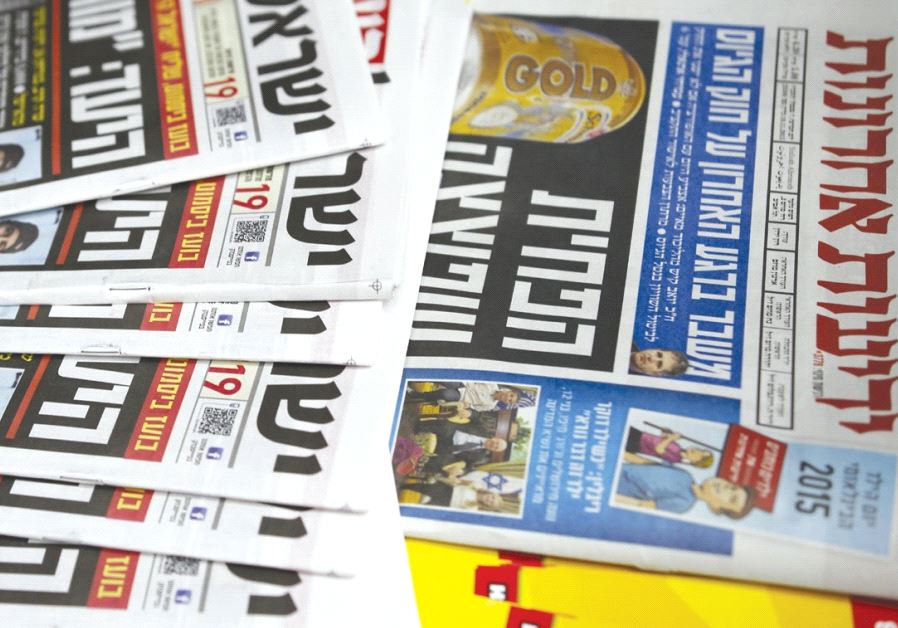A peek behind the curtain: The Netanyahu newspaper scandal
The public loses the most in this because it is not privy to the “why” of the coverage with which it is provided.
 COPIES OF ‘Israel Hayom’ and ‘Yediot Aharonot’ are displayed in Ashkelon lUpdated:
COPIES OF ‘Israel Hayom’ and ‘Yediot Aharonot’ are displayed in Ashkelon lUpdated: